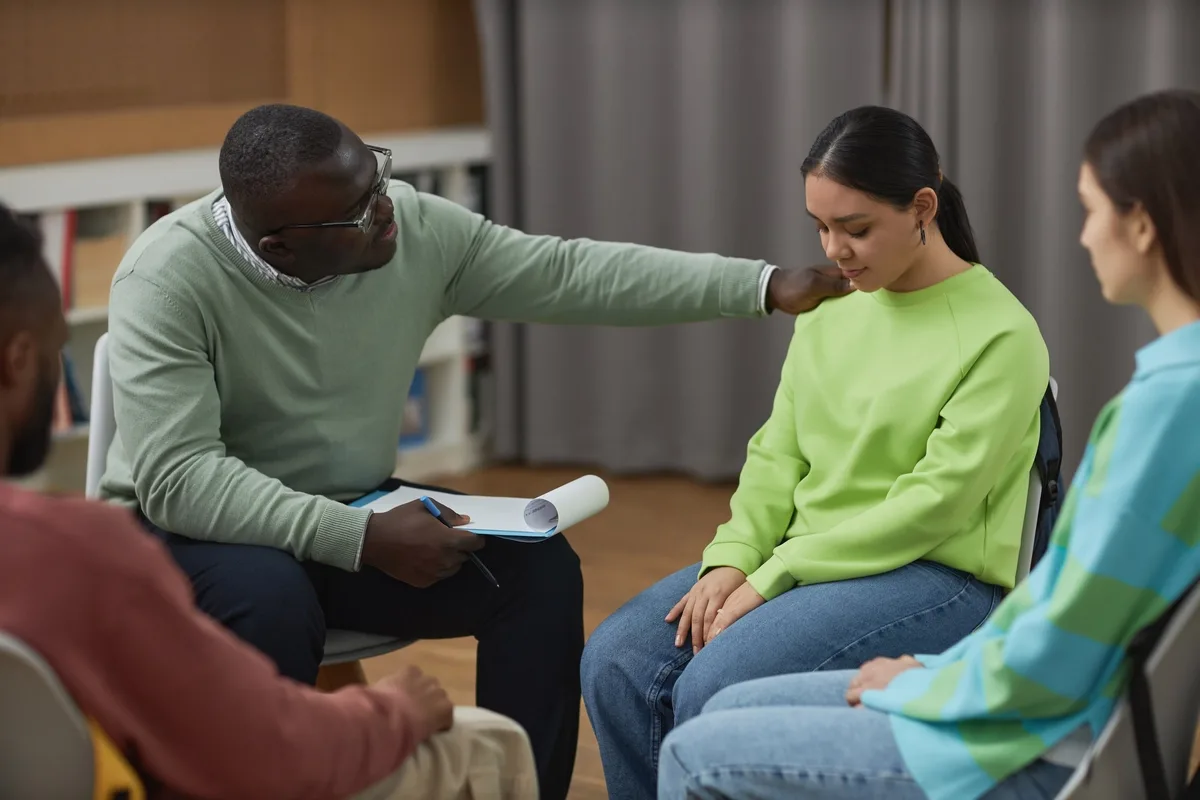24/7 Helpline:
(866) 899-221924/7 Helpline:
(866) 899-2219
Learn more about Opioid Rehab centers in Sarasota County
Opioid Rehab in Other Counties
Other Categories in Sarasota County

Other Insurance Options

Amerigroup

Holman Group

MHNNet Behavioral Health

WellCare Health Plans

Meritain

Multiplan

Group Health Incorporated

Optima

Lucent

BHS | Behavioral Health Systems

Excellus

Molina Healthcare

Providence

Medical Mutual of Ohio

American Behavioral

Cigna

PHCS Network

EmblemHealth

Premera

CareSource

Tri County Counseling and Life – Skills Center
Tri County Counseling and Life – Skills Center is a private rehab located in North Port, Florida. Tr...

Coastal Behavioral Healthcare – Tamiami Trail
Coastal Behavioral Healthcare – Tamiami Trail is a private rehab located in North Port, Florida. Coa...

Coastal Behavioral Healthcare
Coastal Behavioral Healthcare is a non-profit rehab located in North Port, Florida. Coastal Behavior...




















AA – Alcoholics Anonymous
AA – Alcoholics Anonymous is a non-profit rehab located in North Port, Florida. AA – Alcoholics Anon...

Second Chance Recovery
Second Chance Recovery is a non-profit rehab located in North Port, Florida. Second Chance Recovery ...





















































